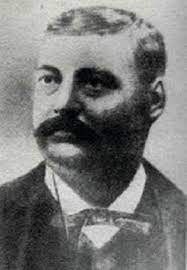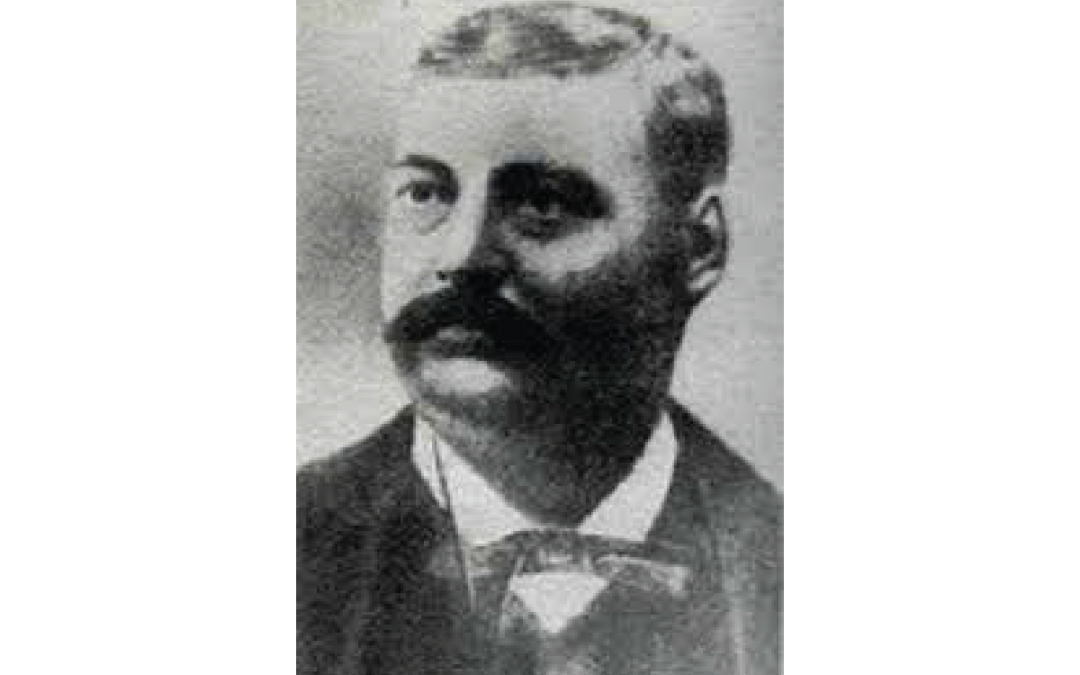
In 1797, the Cherokees created organizations called “regulating companies” to deal with horse theft and other property crimes. The regulating companies were a mounted tribal police force, empowered to enforce tribal laws. They began to be called “Lighthorsemen” in the 1820s. It’s claimed the Cherokees took the force’s name from General Henry “Lighthorse Harry” Lee, father of General Robert E. Lee. What the Indian Lighthorse did, on many occasions, was to stop non-citizens from breaking the law, detain them and turn them over to deputy U.S. marshals.
The story of the frontier Indian police in the history of Oklahoma is very important. It is one of the unsung stories in the annuals of law enforcement in the Wild West. Oklahoma, prior to statehood, was known as Indian Territory, and after 1889, Oklahoma Territory was added, taking on the nickname, the “Twin Territories.” Today, the most commonly thought of lawmen who worked the territories were deputy U.S. marshals. However, the Indian police were there and were probably as important if not more so.
One of the first outstanding Indian police officers was the legendary Cherokee, Sam Sixkiller. Sixkiller at the age of nineteen joined a Union Indian artillery company under the command of his father, 1st Lt. Redbird Sixkiller, during the Civil War. In 1875, Sixkiller was appointed high sheriff of the Cherokee Nation and warden of the National Penitentiary. On February 12, 1880 Sixkiller became the first captain of the United States Indian Police headquartered at Muskogee, Indian Territory. As captain, Sixkiller had forty men under his command. Besides this position, Sixkiller also held a commission as a deputy U.S. marshal and a special agent for the Missouri Pacific Railroad. Sixkiller’s duties included policing the streets of Muskogee, one of the most dangerous towns in the “Wild West.” There were more lawmen killed in a fifty mile radius of Muskogee than anywhere west of the Mississippi River during the frontier era.
Sixkiller’s main problems were the whiskey bootleggers, cattle thieves, murders, rapists, timber thieves, land squatters, train robbers, card sharks, and prostitutes servicing the railroad towns. During his six years as captain, Sixkiller was wounded once. It is reported that he killed a bootlegger from Missouri named Solomon Copple. Copple was attempting to peddle whiskey in and around Muskogee. Sixkiller cornered him outside of town. Copple tried to resist arrest and Sixkiller using his pistol, killed him.
On Christmas Eve, 1886, Sixkiller was off duty and unarmed. Feeling a little under the weather, he made a trip to downtown Muskogee to pick up some medicine. He was met by two dastardly malcontents bent on mayhem: Dick Vann and Alf Cunningham. Sixkiller was stepping up on the platform on the north side of the Patterson Mercantile Store. Vann and Cunningham, with a shotgun and pistol, fired on him without notice; supposedly they held a grudge for a previous run-in they had with the lawman. Sixkiller fell to the ground mortally wounded, and Vann and Cunningham made good their escape on fast ponies.
After the death of Captain Sixkiller, the United States legislature passed a bill, signed by the president, which made assault on an Indian federal policeman a federal crime.






